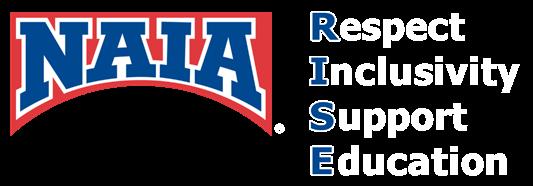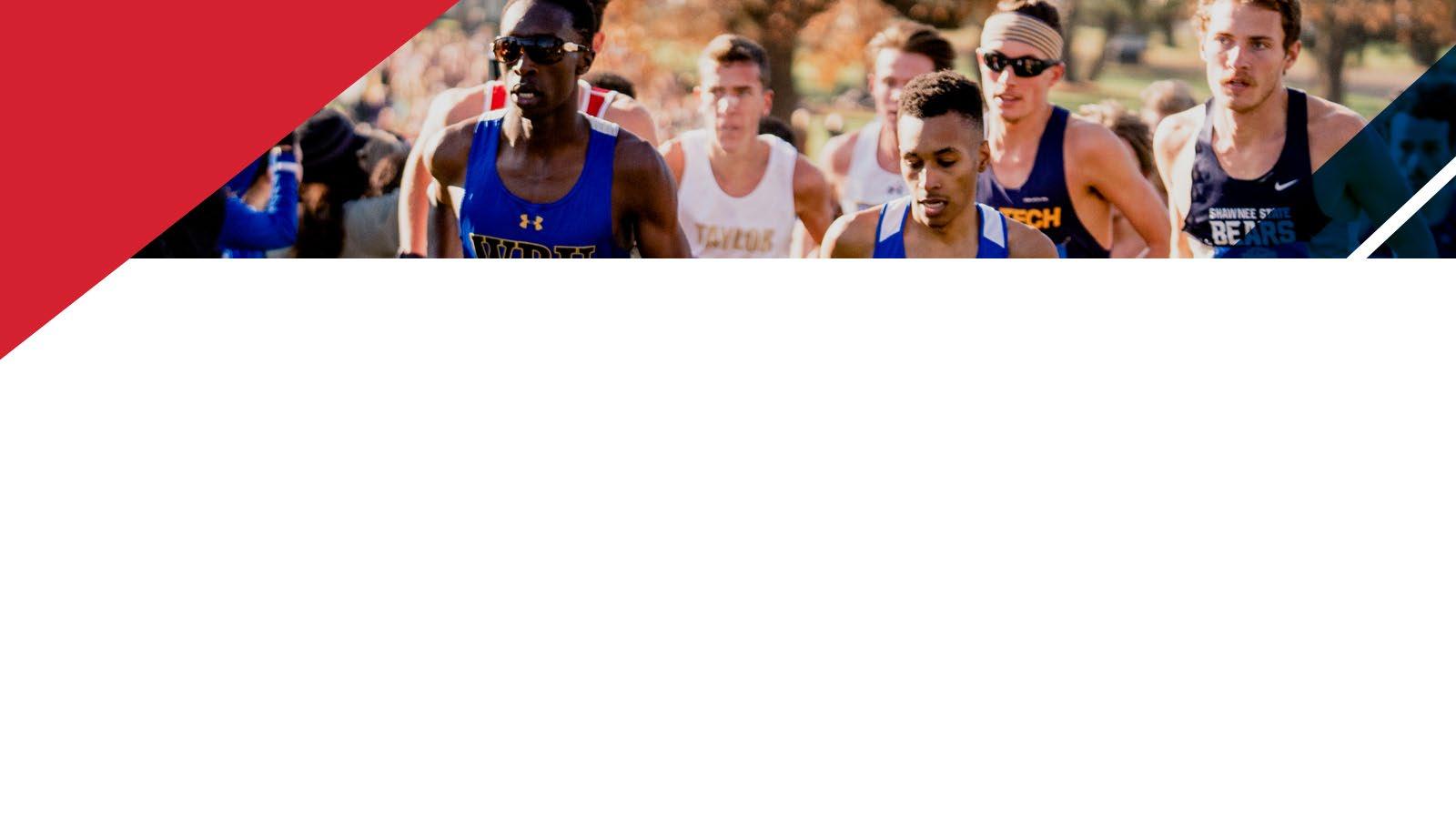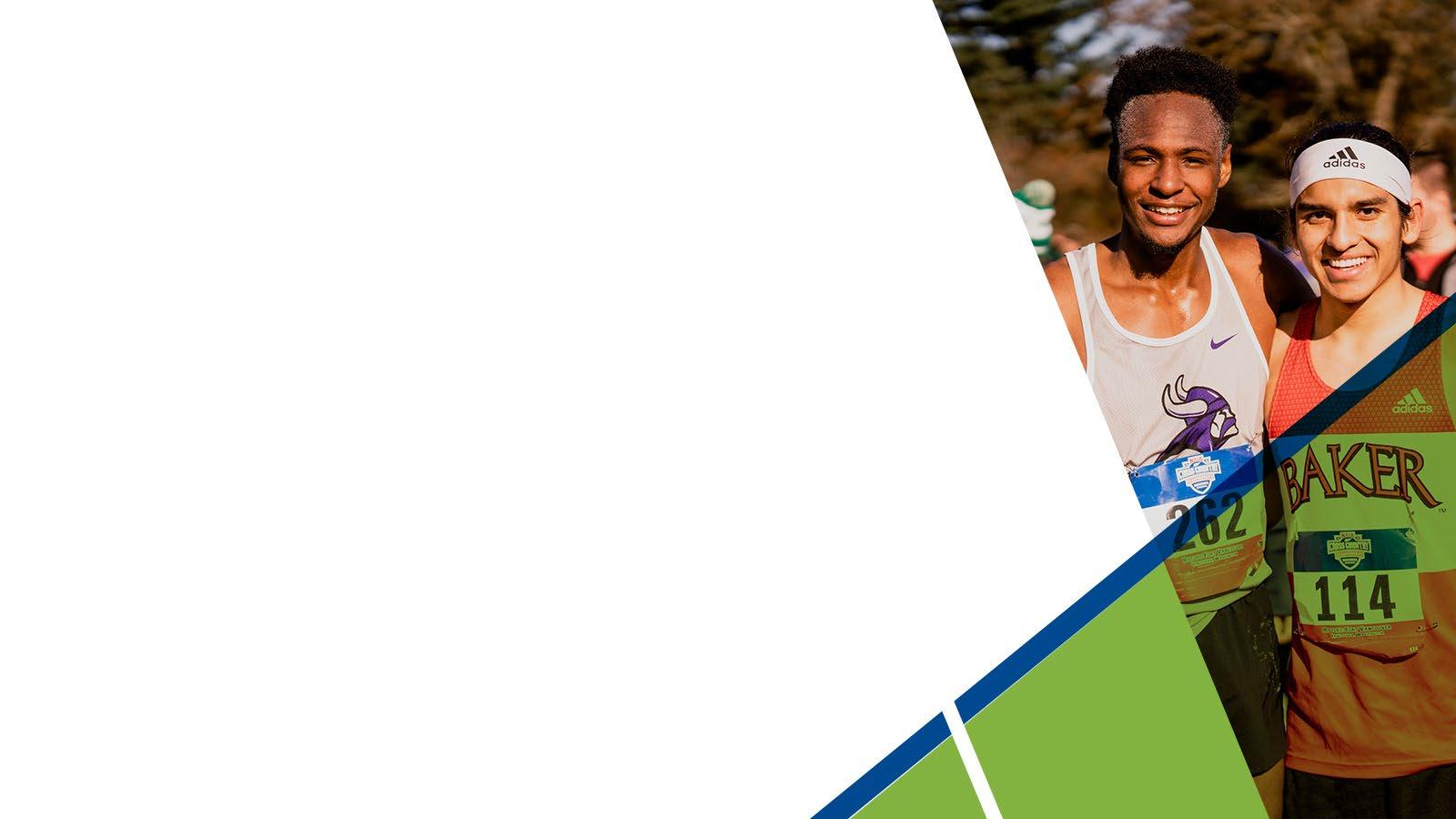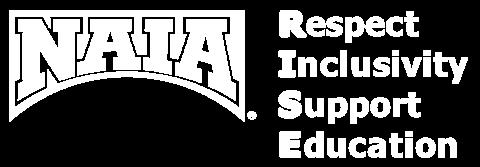INTERNATIONAL STUDENT- ATHLETE FOCUS GROUPS







• 4 student-athletes



• 2 men and 2 women
• 2 from volleyball, 1 from basketball, and 1 from e-sports
• 1 junior and 3 seniors
• 2 from Brazil, 1 from Ghana, and 1 from Portugal
• 1.5 hours for 6 questions
• Mediator was an international staff member
International student-athletes’ rank of needs:


• Language
• They have a hard time making friends
• They can’t work if they’re not fluent
• Financial
• How to navigate through all information (bureaucracy)

• How to make money to stop depending on their families
• Overall Information
• “Sometimes I don’t know what to ask because I don’t know if I should have a question”
• They feel like they need to dig deep to get answers
• Mental Health
• Cultural taboos
• They don’t know they have access to help
International student-athletes’ cultural challenges: • Food



Transportation
The sport itself
Currency
Social Interactions
•

• International student-athletes group
• Create a support system where athletes help athletes
• Seniors can be mentors to new internationals
• Cultural events or celebration during holidays
• International SA specialist in the Athletics Department

• Coach, administrator, or staff that can be the reference in supporting international student-athletes
• Access to a guide (online or printed) with all information they need to know
• About classes and credits, scholarship and school fees, health insurance and mental health resources, professional opportunities and rules to work legally…
• Workshops by themes (financial, professional, campus resources..) every semester



• 2 men and 2 women
• 3 from soccer and 1 from baseball
• 2 juniors, 1 sophomore and 1 senior
• 2 from Jamaica, 1 from Venezuela, and 1 from Colombia
• 20 minutes for 8 questions
• Mediator was a staff member
• International student-athletes’ rank of needs:


• Financial
• Their main concern is to maintain the athletic scholarship, as it’s the only way they can afford to study in the US
• They don’t have access to other grants
• Their currency depreciates when transferred to dollars
• Mental Health
• Their financial situation has a huge impact on their mental health
• Job Opportunities
• “We have to try twice as hard here to be successful because we don’t have the same opportunities”
• It’s hard to get a job with an athlete’s schedule

• Time Management
• Balance being a student and being an athlete
• International student-athletes’ cultural challenges: •


Food
Making friends and finding a community
Currency
Academic expectations
• Online classes and academic platforms

•

• International student-athletes group
• Make it a community where internationals feel like they belong and have a safe space to ask for help
• Time management orientation
• How to balance academic and athletic commitments?
• Onboarding process specialized on internationals
• Focus on explaining the processes and rules they need to know as internationals
• Set up an open channel to keep in touch
• Internationals need to know they can count on the institution, so it’s important to have an easy communication channel to ensure they feel supported and connected




• 10 men and 1 woman
• 9 from soccer, 1 from baseball, and 1 from Golf
• All years represented (freshman, sophomore, junior, and senior)
• 2 from Ireland, 1 from Australia, 1 from Canada, 3 from Portugal, 1 from Spain, 1 from New Zealand, and 1 from Holland
• 1.1 hours for 10 questions
• Mediator was the Associate Athletic Director
• International student-athletes’ rank of needs:



• Overall Information
• “It’s better to give more information than less”
• They have to rely a lot on each other to get information about school, jobs, rules, resources, etc
• Ongoing Support
• The institution needs to keep in touch and have open channels for international SAs
• Food
• They struggle to maintain a healthy diet in the school cafeteria, which affects performance and mental health
• Mental Health
• Specially challenging during finals and holidays
• International student-athletes’ cultural challenges:



• Food • Conversational language (“I’m not myself in English”)
• Differences in sports rules
• Transportation • Weather (depression during Winter)
• Examples: pounds, Fahrenheits, ounces, miles

• Onboarding process for international SAs
• Send a “preparation book” with basic information before they arrive in the US (e.g. wheather details)
• Conduct a meeting at the start of the semester to explain everything about the university, including campus and athletics resources
• Strengthen the international community
• Pair newcomers with experienced international SAs

• Establish a group or association to connect all of them
• Appoint one SA representative for each language to be the point of contact if they are struggling to get help in English
• International counselor
• Have someone who has empathy for their reality

• 7 student-athletes

• 2 men and 5 woman
• 5 from soccer and 2 from tennis
• 3 from Sweden, 1 from Australia, and 1 from Italy
• 3 seniors, 2 juniors, and 2 sophomores
• 25 minutes for 10 questions
• Mediator was an international former student-athlete

•
International student-athletes’ rank of needs:

• Housing
• They have to find a place to live by themselves
• How do you rent an apartment in the US?
• Mental Health
• They feel like they don’t have anyone to talk to
• They don’t want to open up about mental health issues with coaches


• Food
• When teams are on the road, the athletes have to eat fast food before and after games
• Overall Information
• “You ask someone for help, they send you to someone else, that send you to someone else, that send you back to the same person”

• Help with accommodation
• Create a guide that outlines the process of renting an apartment in the US, including the best options close to the campus, their contact information, and the required documents
• International SA specialist in the Athletics Department

• Coach, administrator, or staff that can be the reference in supporting international student-athletes
• Mental health coach
• Offer mental health support focused on homesickness and athletic pressure


• 4 men and 2 woman
• 2 from ski racing, 2 from soccer, 1 from basketball, and 1 from footbal

• 1 from Spain, 1 from Australia, 1 from Italy, 1 from Netherlands, 1 from Germany, and 1 from New Zealand
• 2 seniors, 2 juniors, and 2 sophomores
• 1 hour for 10 questions
• Mediator was the AD
• International student-athletes’ rank of needs:



• Language Support
• Written is hard
• Abbreviation and terms are hard
• Job Opportunities
• Basic information about it
• What is available on campus?
• Food
• Process food
• Transportation
• Lack of public transportation
• Don’t be a burden
• Mental Health
• Holidays (breaks) – cafeteria closed
• Homesickness

International student-athletes’ cultural challenges:


Explain American holidays
We have all come here for the american experience. It is a country that has more resources than most of the places we have come from. Our families have sacrificed a lot so we do feel pressure to perform well academically and athletically. That does create different stress being so far from home but it is what we want for ourselves.

• International student-athletes group
• Continue to meet to talk about international student issues
• Overall information
• A video and a written guide for international athletes (video also because sometimes language is a barrier when written only)

• Student-athletes community
• Maybe periodic times in the department where they can get together (not just international but all) and celebrate a culture's food or traditions etc.
• Possibly organized trips to local stores for those without vehicles so they could shop for food and other needed items
• Organize social events with transportation
• Mentorship program
• Possibly getting connected with an upper class international student before arriving so could ask questions and get a feel for the place since often the first time they se ethe campus is arriving for school